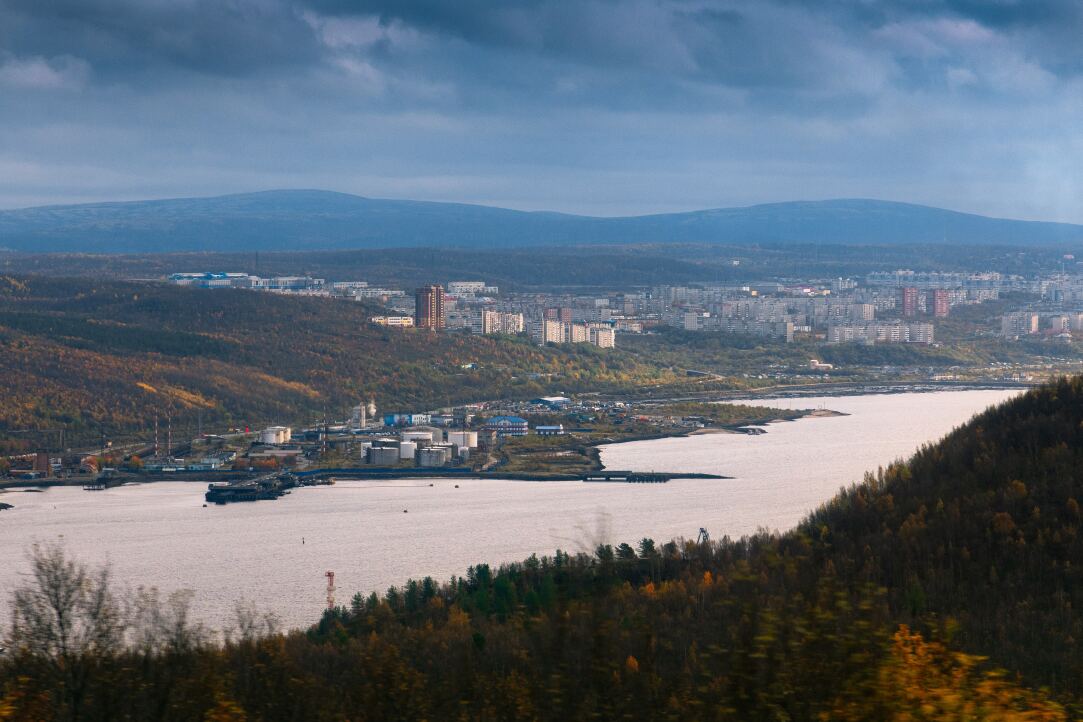Human resources inCreative Industries and Tourism: results of the working meeting
On June 16, 2023, the Laboratory of Cultural Economics and the Scientific Research Laboratory of Interdisciplinary Research of Arctic Cities Life Quality at Murmansk Arctic State University held a working meeting to discuss issues related to labor market stability and demand, as well as the sustainability of human resources involved in tourism and creative industries of the region. The event was organized as part of the project «Development of Arctic Tourism and Creative Industries as Drivers of Transformation for Arctic Cities and Territories» under the «Mirror Laboratories» program at the HSE University.

The meeting was conducted in a hybrid format, allowing both experts and interested guests to participate, including many students. The expert presentations included:
-
Prof. Irina Sizova, associate professor in the Department of Management, at the HSE University in St. Petersburg and the project leader of the «Mirror Laboratories» program.
Presentation: “Does the staff really decide everything? Particularities of human resources in Tourism and Creative Industries”.
-
Prof. Valery Gordin, professor of the Department of Public Administration, head of the Laboratory for Management in Culture and Tourism at the HSE University in St. Petersburg.
Elizaveta Markina, Natalya Murchich and Daria Khomyakova, third-year students of the Bachelor programme in “International Business and Management” at the HSE University in St. Petersburg.
Presentation: “Analysis of Competencies in the Labor Market of Tourism and Creative Industries (Case Study of Arctic Regions)”.
-
Prof. Ekaterina Shestakova, associate professor of the Department of Management at the HSE University in Perm, director of the travel agency “Bely Kamen”.
Presentation: “Human resources’ particularities of the local travel agencies working with tours to the Arctic and Subpolar Regions: The Perm experience”.
-
Prof. Natalya Kolesnikova, head of the Department of Tourism at the Petrozavodsk State University (Petrozavodsk, Republic of Karelia).
Presentation: “University-Business Interaction for human resources in the Tourism and Creative Industries During Peak Season”.
-
Prof. Zoya Zhelnina, head of the Scientific Research Laboratory of Interdisciplinary Research of Arctic Cities Life Quality at the Murmansk Arctic State University (Murmansk Region).
Presentation: “Challenges in Organizing Multidisciplinary Educational Programs in Business Training”.
Experts including both theorists and practitioners from tourism and creative industries, discussed current labor market challenges and potential solutions and evaluated the demand for specific competencies.
Key outcomes of the working meeting included identifying professional competencies required for employees in tourism and creative industries:
1. technical skills (proficiency in computer skills and specialized software, from graphic design programs to management CRM systems).
2. communication competencies when working with people (sociability, friendliness, language proficiency and strong writing abilities).
3. conceptual competencies (active life stance characterized by initiative, openness to new challenges, and a willingness to learn).
4. managerial competencies (service-oriented thinking, knowledge of legislation, sales expertise and marketing strategies).
Thus, modern employees in tourism and cultural industries have to possess a broad spectrum of competencies from language skills to marketing and management knowledge, be prepared for multitasking, demonstrate resilience under stress and have organizational abilities for both documentation handling and interpersonal interactions.
In conclusion, it was noted that there is a need for continuous learning and competency development in these fields (i.e., horizontal learning or upskilling).
